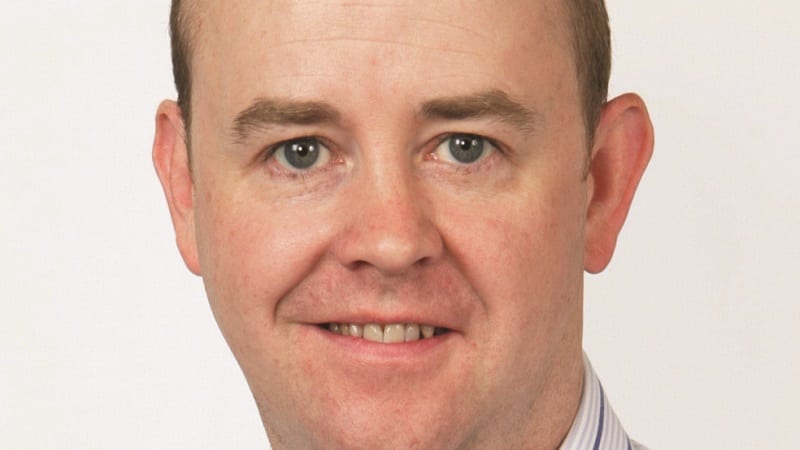What matters with diversification is how correlated funds are to one another. The less correlated an asset is, the more value it brings to a portfolio.
Finding assets that are truly uncorrelated is harder in practice than it is in theory. In a crisis, assets can become increasingly correlated. In 2008, for example, many equity, bond and property funds all suffered heavy losses at the same time. Correlations are constantly changing and just because something was uncorrelated in the past, doesn’t mean it will be in the future. So building a portfolio that can truly protect takes a great deal time and effort.
Here, we take a look at four funds that have a low correlation to the UK and global stock market.
Jupiter Absolute Return
Manager James Clunie runs this global equity long-short portfolio. There is a strong quantitative element to the fund’s process, informed by the manager’s academic background: he completed a PhD on shorting. The fund has a correlation of just 0.04 with the FTSE All Share and 0.07 with the MSCI AC World index, according to FE. James seeks to insulate the portfolio against a range of different scenarios and a stock simply being overvalued will usually not be enough on its own to initiate a short. Many other factors will also be considered, such as who else is shorting the stock and whether there is a potential catalyst that may cause the stock to fall in the near future. The lack of a performance fee and a relatively low OCF are other major positives. During the month of October, the fund was up 2.18% compared with a fall of 6.62% for the MSCI AC World, according to FE.
Premier Defensive Growth
Run by Paul Smith, this fund seeks to deliver steady returns and has been thoroughly tested by a wide variety of market conditions. Paul’s strategy and temperament are well suited to delivering low-risk positive returns, and the portfolio has a high level of diversification by asset class, sectors and underlying holdings. Paul will focus on liquid investments with a fixed life and/or a fixed entitlement, to appropriately control risk and ensure absolute returns. A fixed life enables easier identification of the major risks and a fixed entitlement informs the responsiveness of each investment if these risks manifest themselves. Its correlation to the FTSE All Share is 0.18 and just 0.01 with the MSCI AC World. During October, the fund returned 1.58%, according to FE.
Janus Henderson UK Absolute Return
Managers Ben Wallace and Luke Newman look to identify stocks that will either exceed or fall short of analysts’ expectations, and construct a portfolio of core long-term positions and a more tactical trading book of short positions. Ben and Luke begin with an investment universe of the UK main board, primarily the FTSE 350 index – although increasingly they are finding more ideas from overseas. They assess the stocks through a variety of sources, including internal and external research. In the case of tactical shorts, they look for stocks that could be overbought/overpriced, are changing management, or are being adversely influenced by macroeconomic factors. This fund does have a performance fee. Its correlation with the FTSE All Share is 0.39 and 0.05 with the MSCI AS World. The fund fell 1.51% in October compared with a fall of 6.32% for the FTSE All Share, based on FE data.
Smith & Williamson Enterprise
This product is a long/short equity fund that invests primarily in the UK. The managers use a wide range of trusted sources to identify investment themes and stock ideas but, unlike many other equity long/short funds, they generally don’t use futures to provide their short exposure, as they feel these are a bit of a blunt instrument. Also, their shorts aren’t just hedges to dampen volatility but are genuine sources of alpha. This strategy has seen the short side of the fund perform well, even in rising markets. FE data shows its correlation to the FTSE All Share is 0.37 and 0.03 with the MSCI AC World. The fund fell 3.79% in October.










